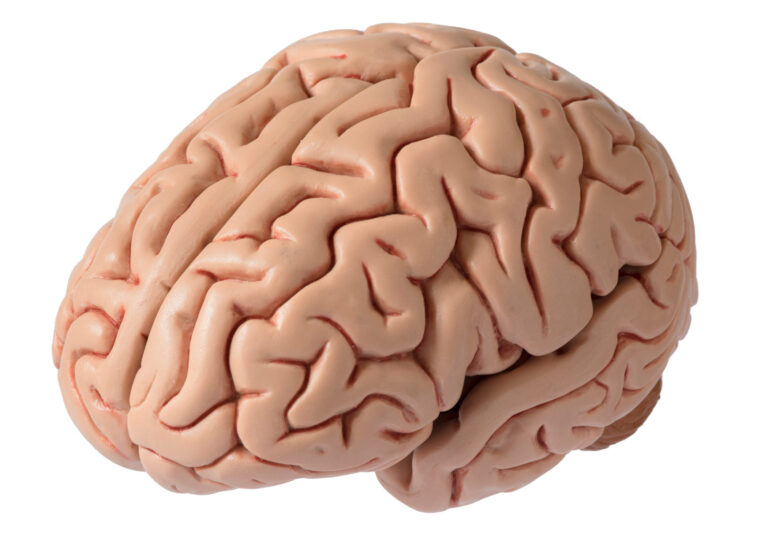Dementia is a debilitating disease that affects millions of people worldwide. It is a term used to describe a group of symptoms that affect memory, thinking, and social abilities severely enough to interfere with daily life. Alzheimer’s disease is the most common type of dementia, accounting for 60-80% of cases. While there is still no cure for dementia, there are ways to manage its symptoms and possibly slow its progression. One crucial factor that often goes overlooked is hydration. In this article, we will explore the importance of hydration for brain health in dementia.
The human brain is made up of 75% water, making it one of the most water-dependent organs in the body. It is responsible for controlling all of our bodily functions, including memory, cognitive skills, and emotions. When the brain is dehydrated, it has a direct impact on its ability to perform these essential functions effectively. This can manifest in symptoms such as confusion, irritability, and forgetfulness – all commonly seen in dementia patients.
In older adults, the body’s natural thirst mechanism becomes less efficient, making it challenging to recognize when they are dehydrated. This can be worsened by certain medications commonly prescribed for dementia patients, such as diuretics, which increase the body’s water loss. As a result, many seniors with dementia are at a higher risk of dehydration.
But how exactly does dehydration affect the brain? When the body is low on fluids, the blood becomes thicker, making it more difficult for oxygen and essential nutrients to reach the brain. This can lead to impaired cognitive function and can even cause brain cells to shrink, leading to permanent damage. Dehydration also affects the levels of electrolytes in the body, such as sodium and potassium, which are essential for nerve signaling and muscle function. A disruption in these levels can lead to confusion, muscle weakness, and seizures.
Moreover, dehydration can worsen existing conditions, such as high blood pressure, which is a known risk factor for developing dementia. A study by the National Academy of Sciences found that dehydration can increase blood pressure levels, which can further damage the brain and increase the risk of cognitive decline.
So, how can we ensure proper hydration for brain health in dementia patients? First and foremost, it is essential to monitor fluid intake regularly. The recommended daily fluid intake for adults is about 2-3 liters, with the majority coming from water and other non-caffeinated beverages. However, this may vary depending on factors such as age, health condition, and physical activity levels.
It is also important to incorporate hydrating foods into the diet, such as fruits and vegetables that have high water content, including watermelon, strawberries, cucumbers, and spinach. These foods not only provide hydration but also essential nutrients for brain health, such as vitamins and antioxidants.
For caregivers of dementia patients, it is crucial to pay close attention to signs of dehydration, such as dry mouth, dark urine, and dizziness. Encouraging regular sips of water throughout the day and incorporating hydrating snacks into their diet can help prevent dehydration. In cases where a patient has difficulty drinking or swallowing, alternative methods such as using a straw or providing water-based foods like popsicles can be helpful.
In addition to hydration, staying physically active can also improve brain health in dementia patients. Exercise increases blood flow to the brain, delivering oxygen and essential nutrients while also helping to reduce the risk of high blood pressure. It is essential to consult with a doctor before starting any exercise regimen for a dementia patient and make sure to incorporate enough rest and hydration breaks.
In conclusion, hydration plays a crucial role in brain health for dementia patients. Proper hydration ensures that the brain receives the necessary oxygen and nutrients for optimal functioning. On the other hand, dehydration can lead to cognitive impairment, worsen existing conditions, and increase the risk of developing dementia. By monitoring fluid intake and incorporating hydrating foods and regular exercise, we can help maintain brain health and possibly slow down the progression of dementia. As the saying goes, “a healthy mind in a healthy body” – let’s remember to keep our loved ones hydrated for their overall well-being.




